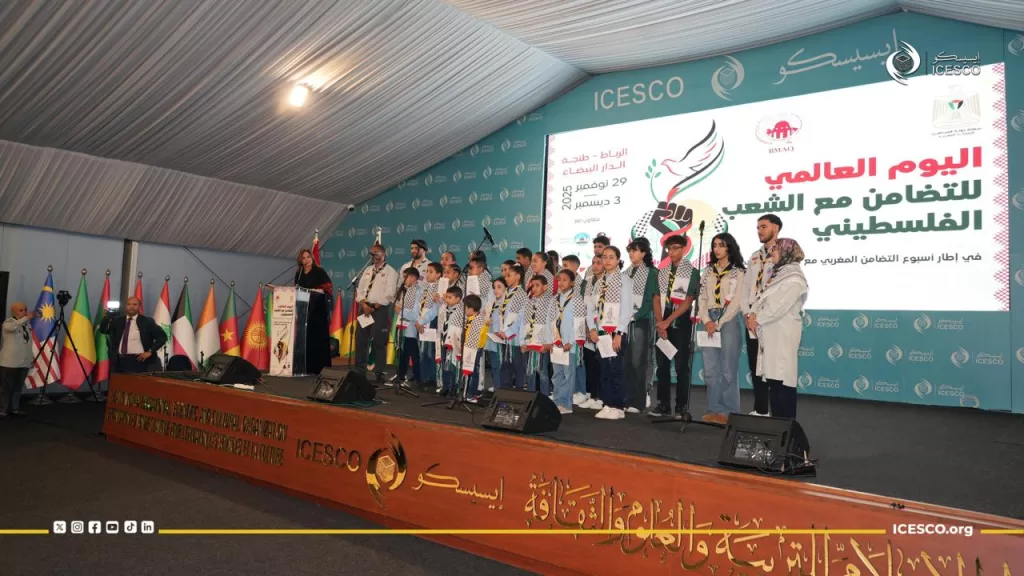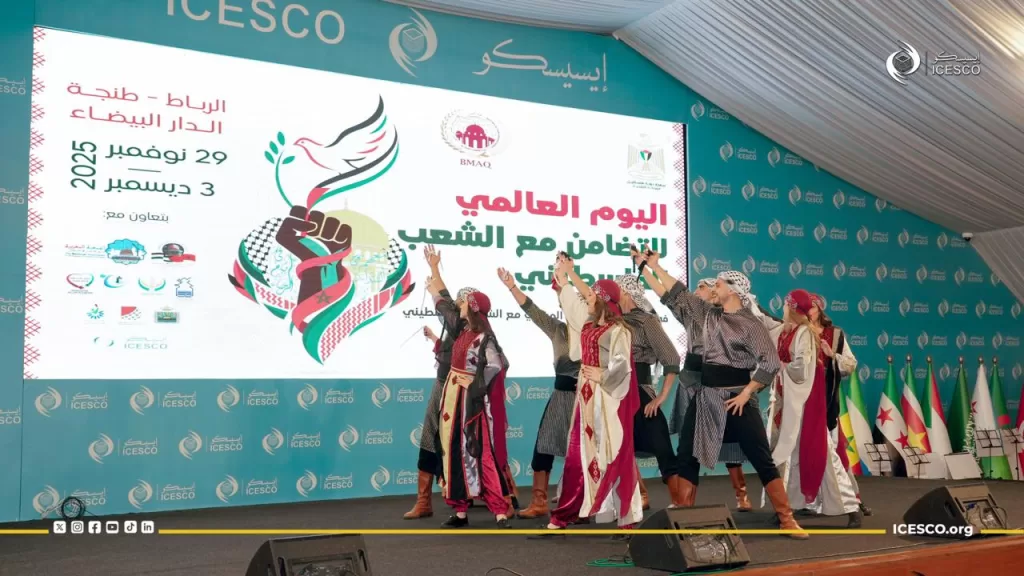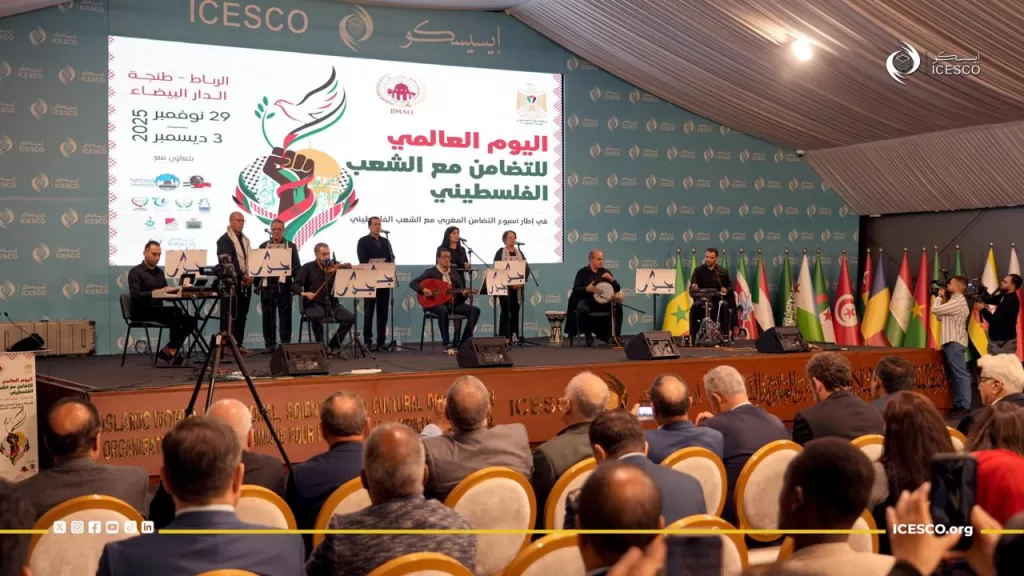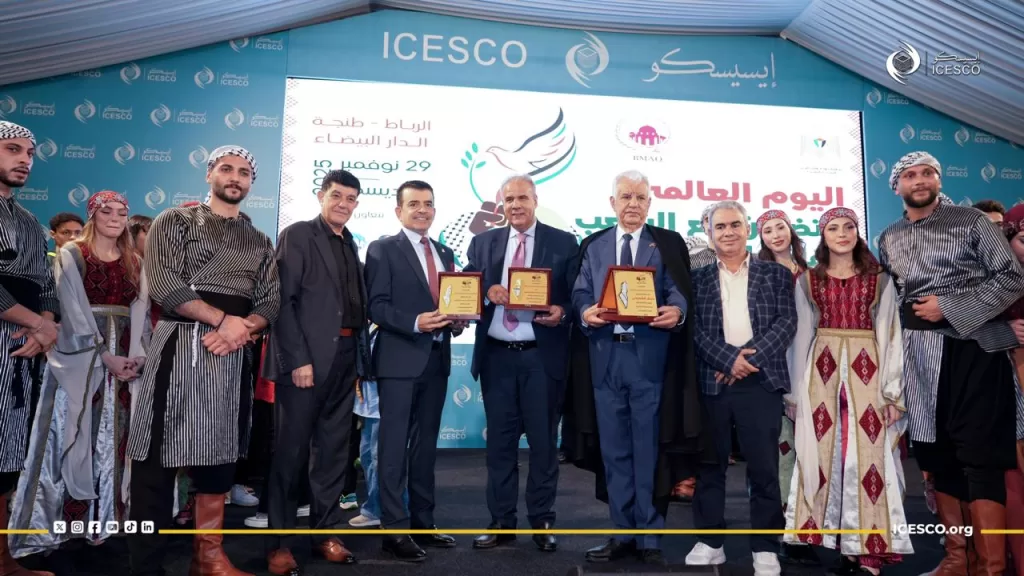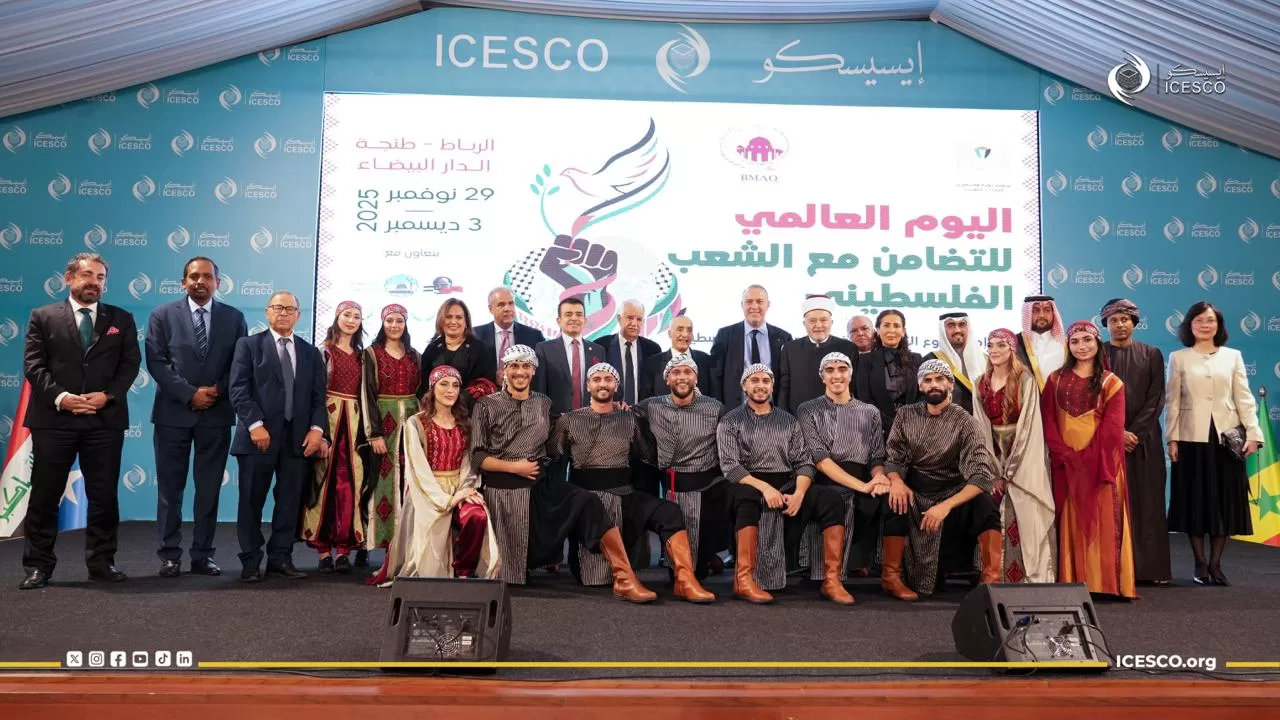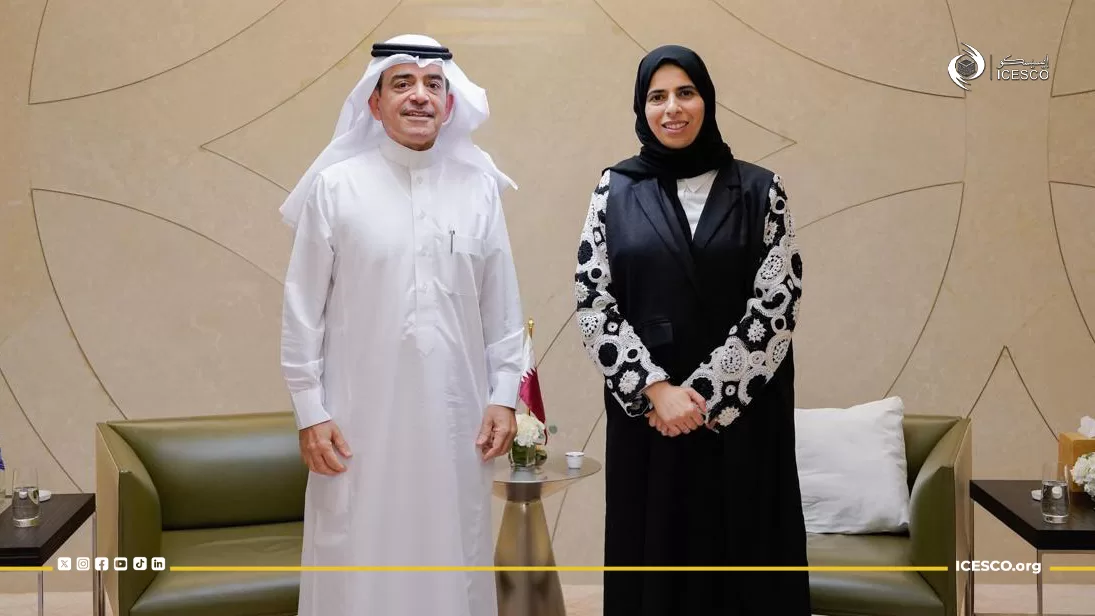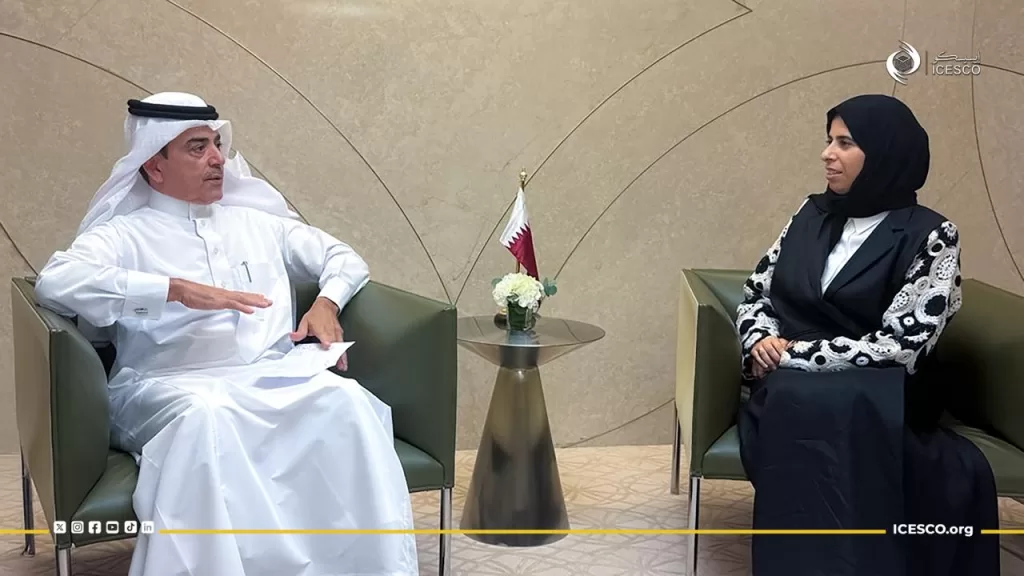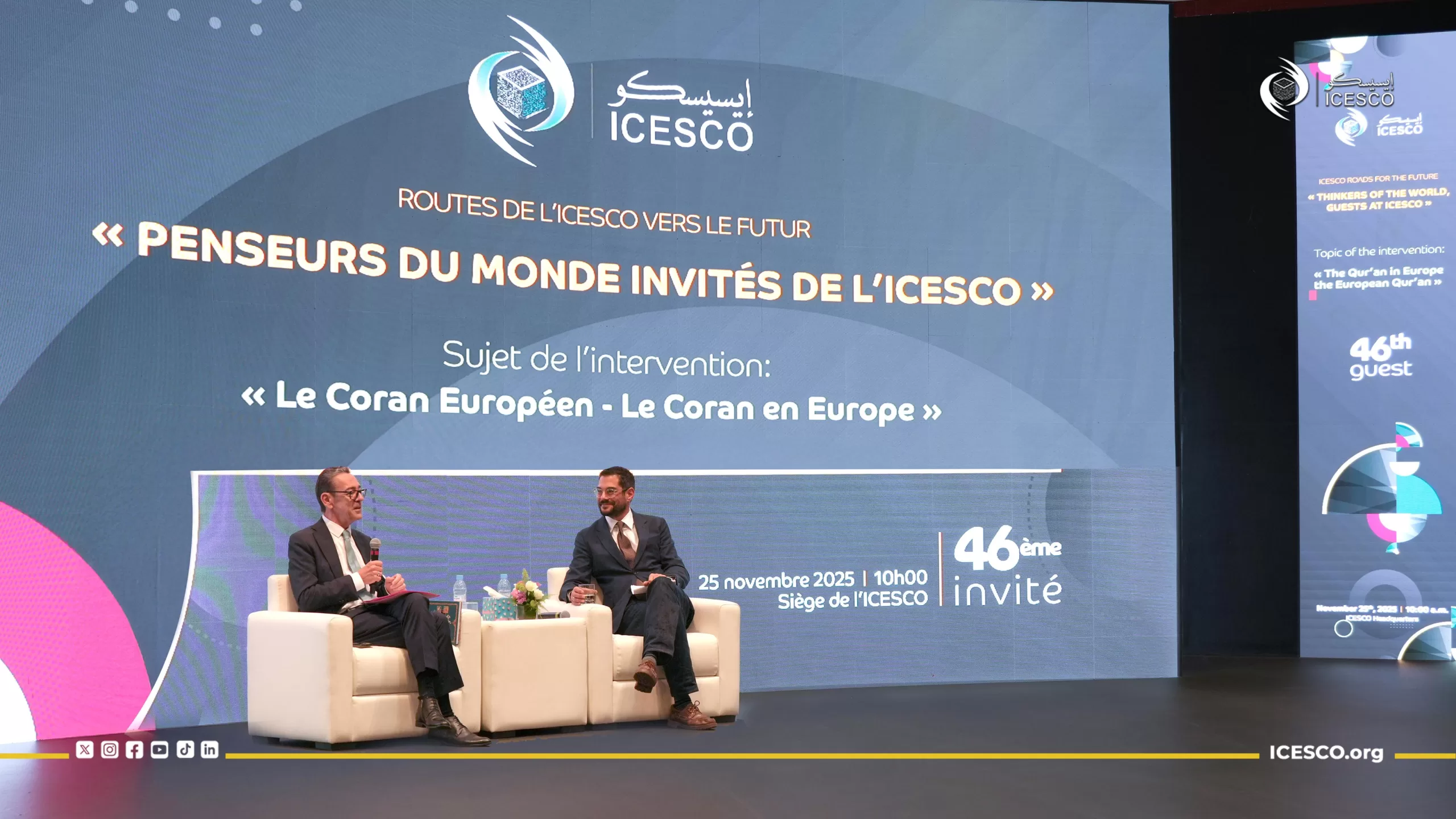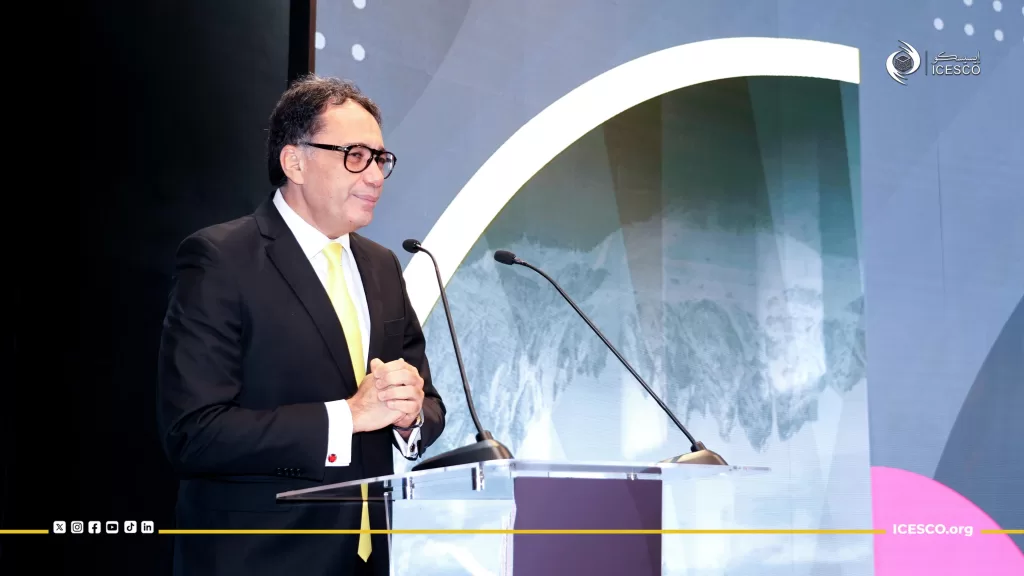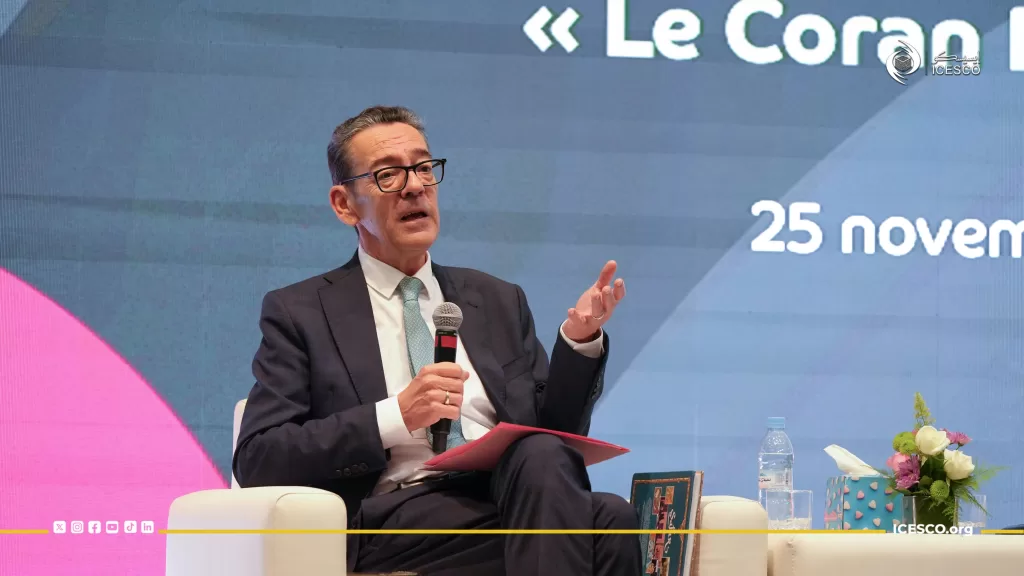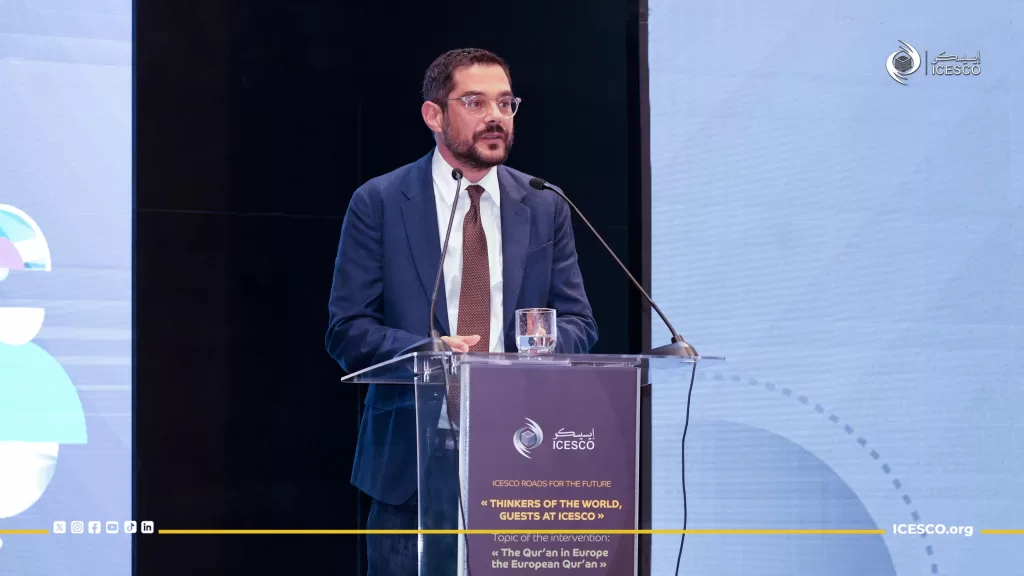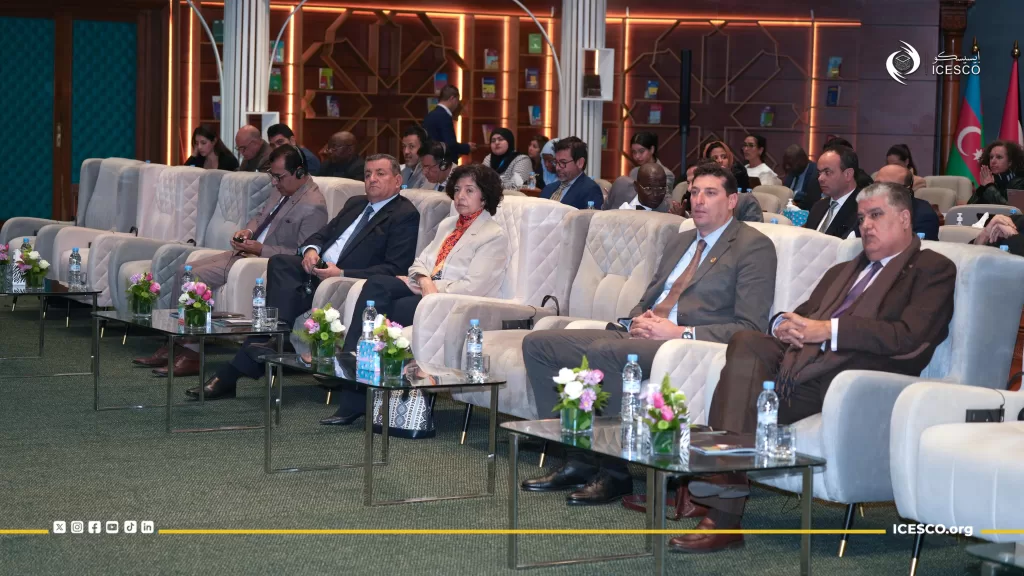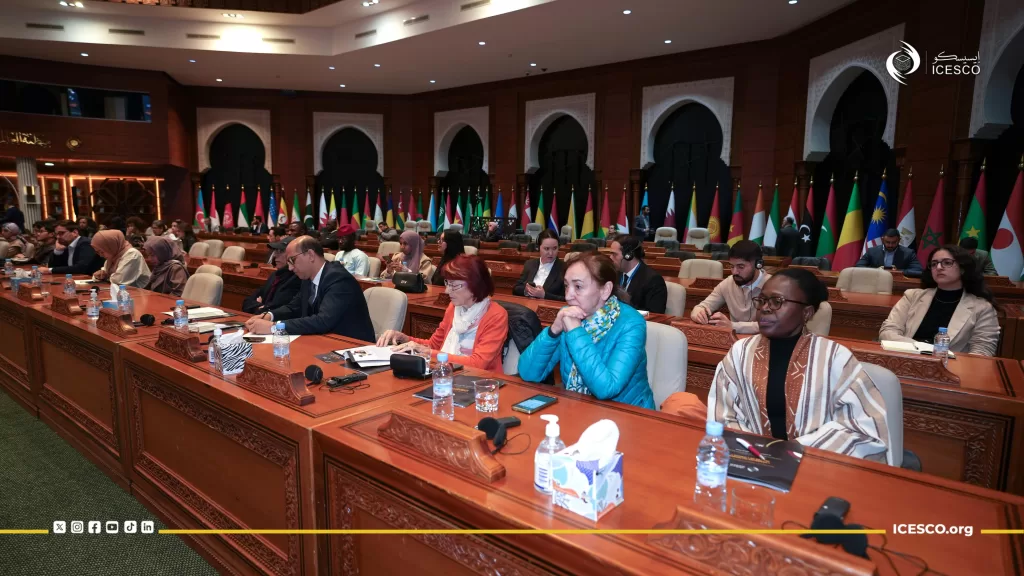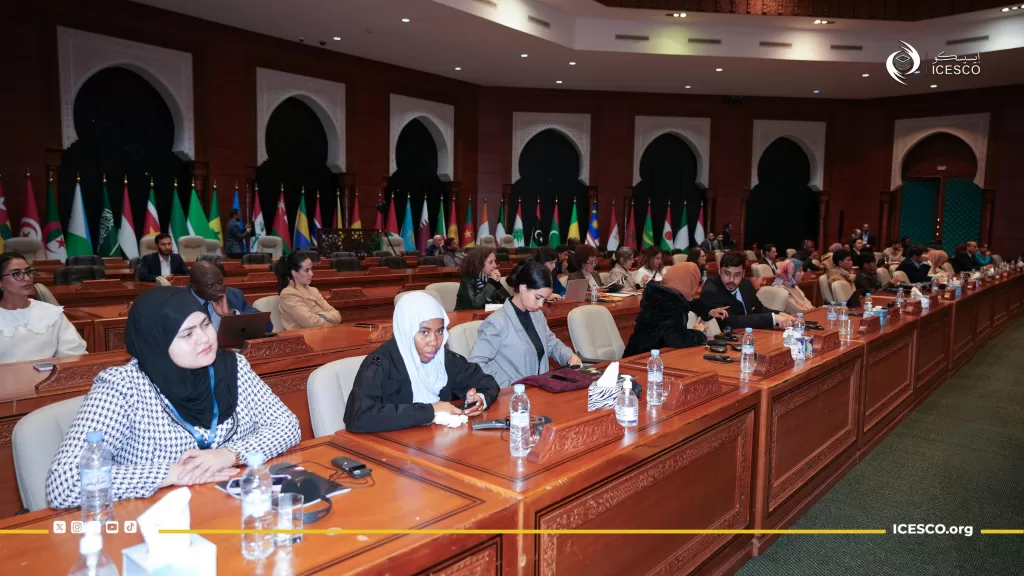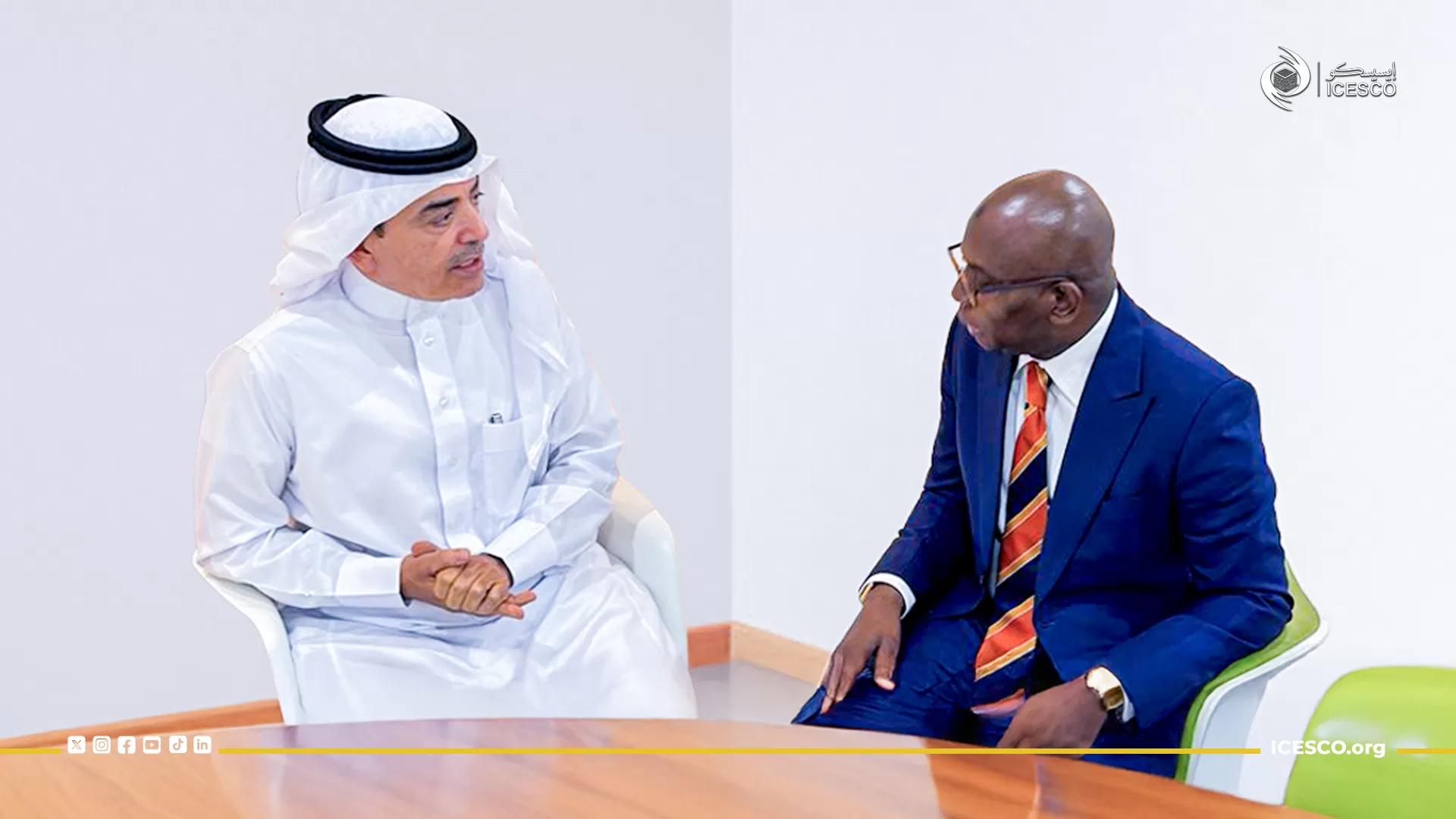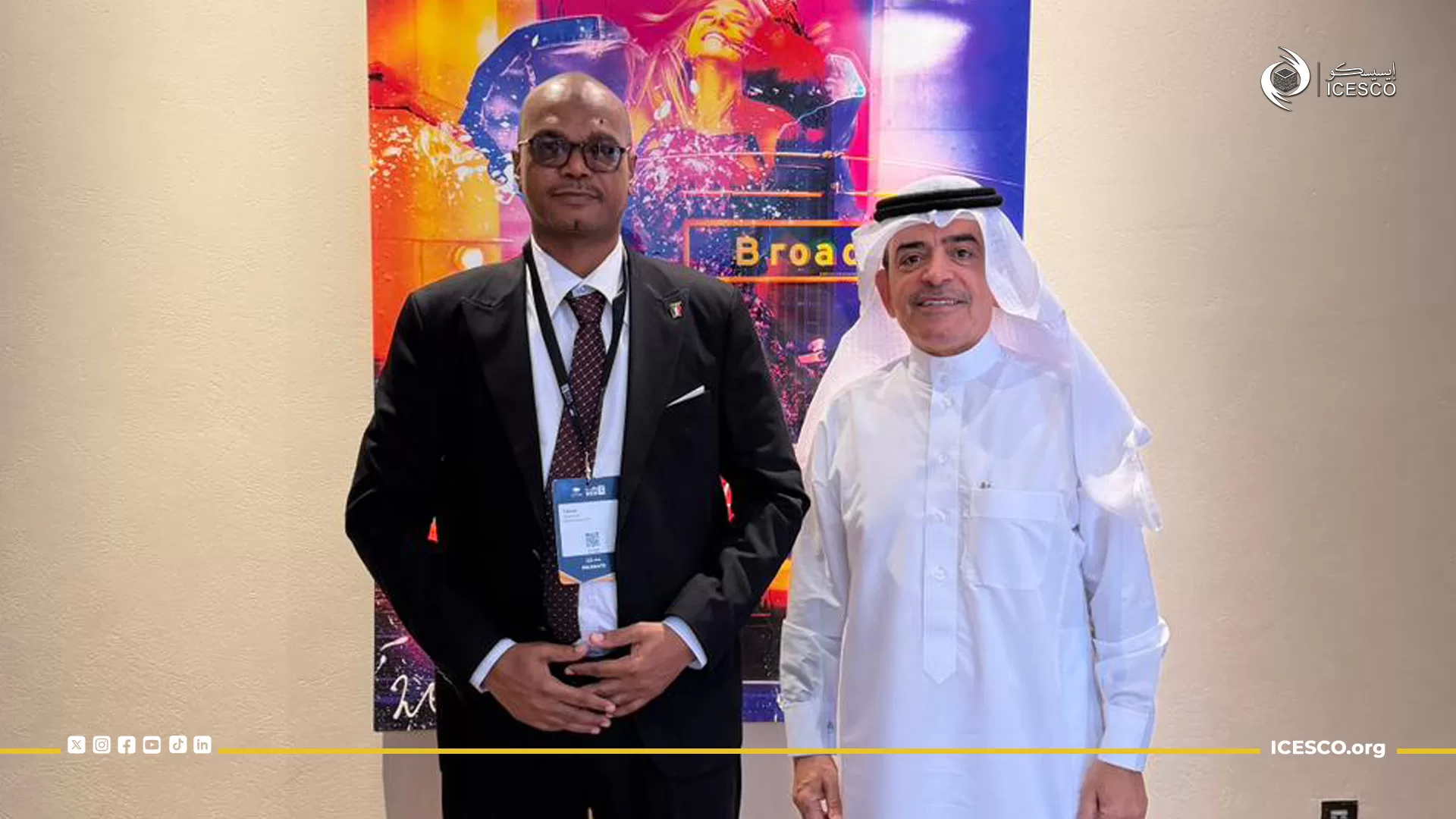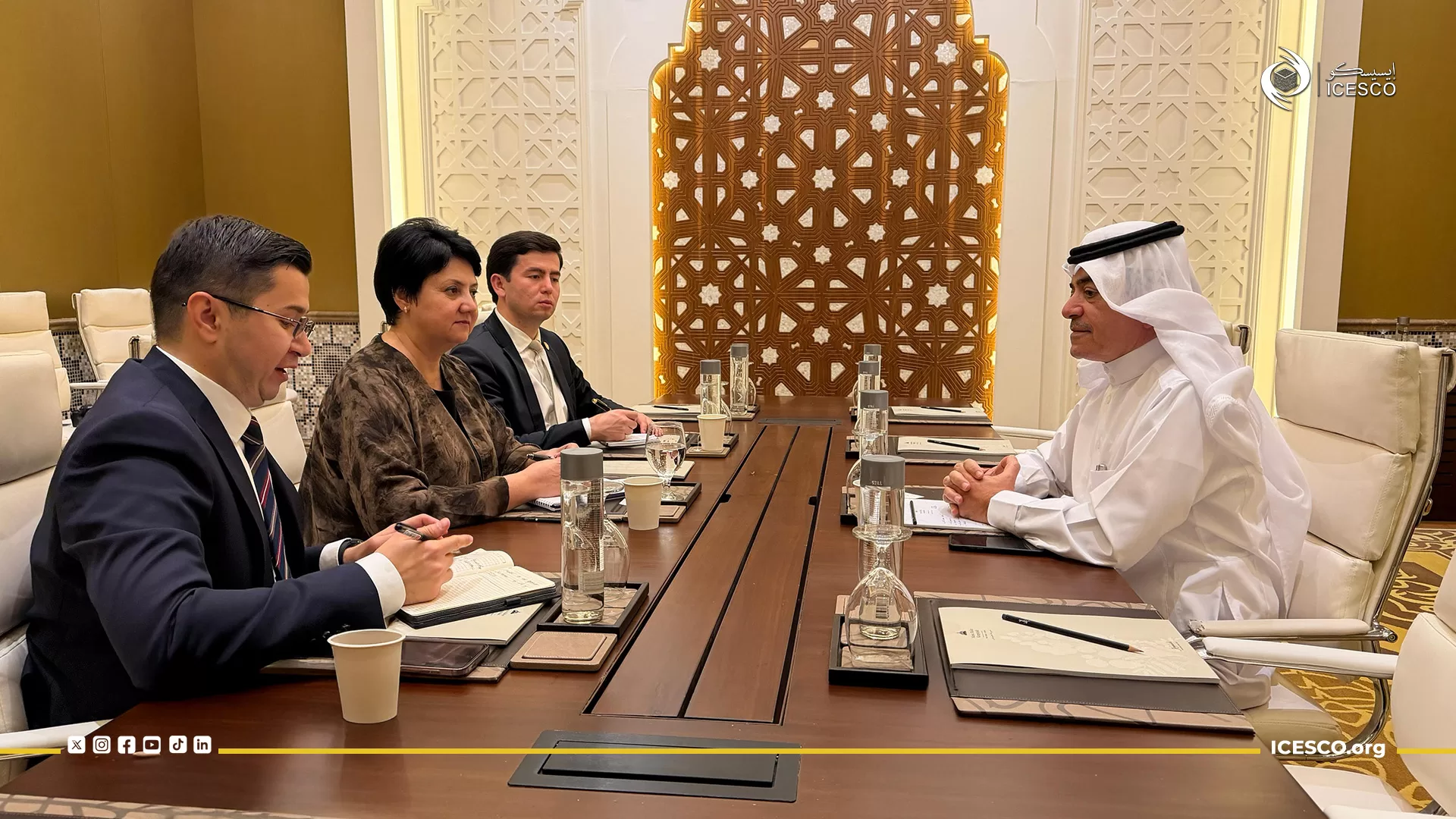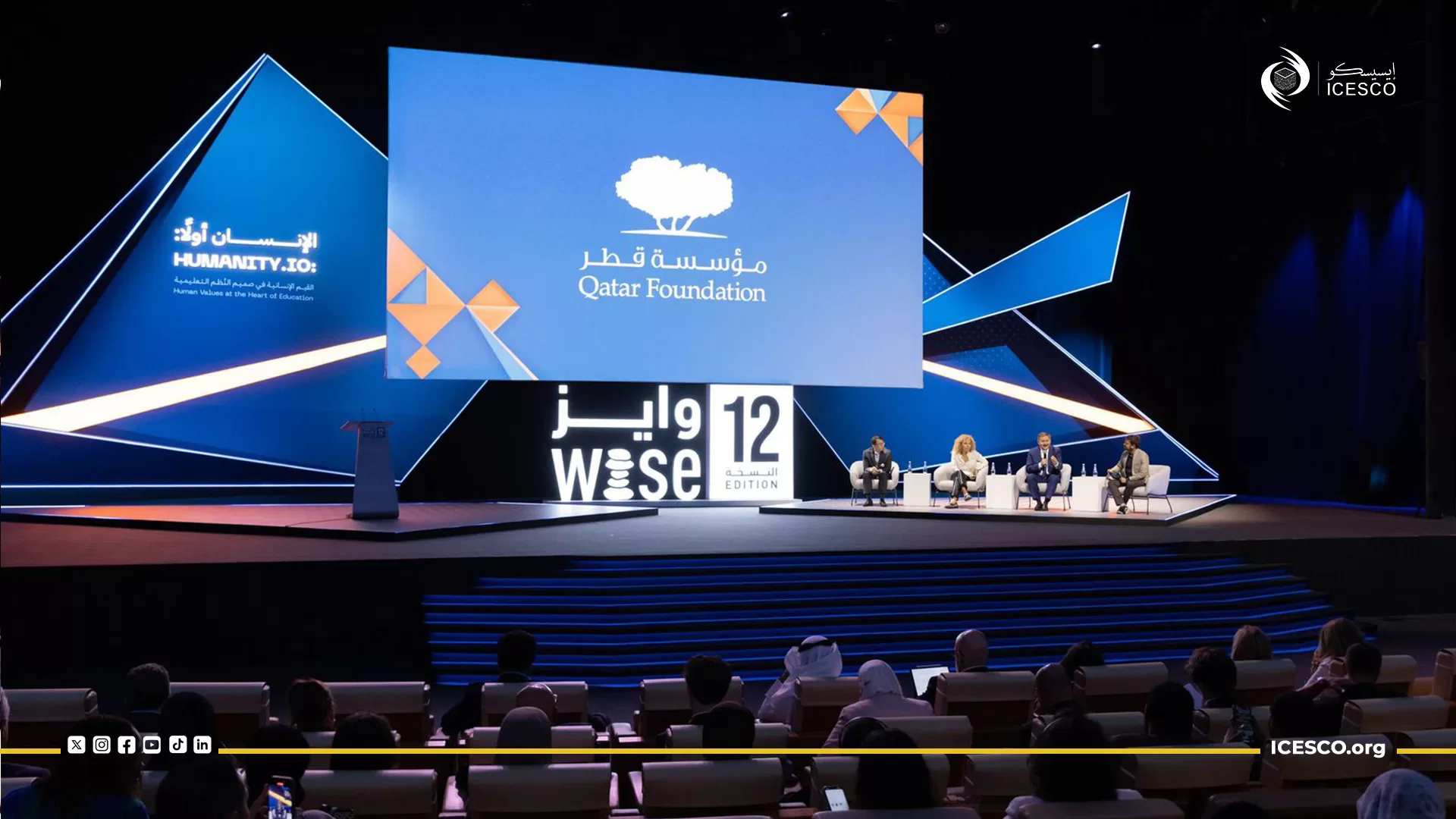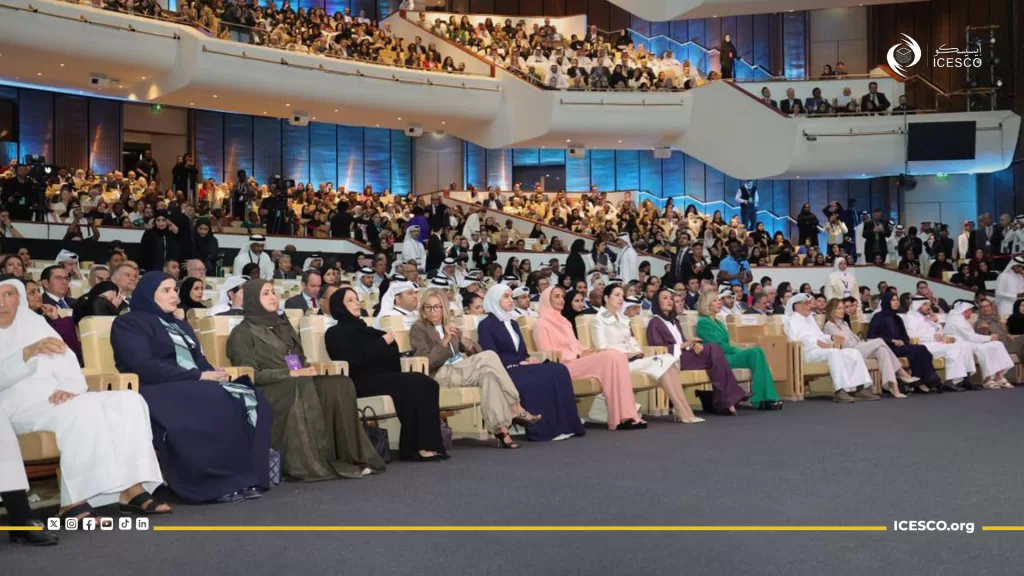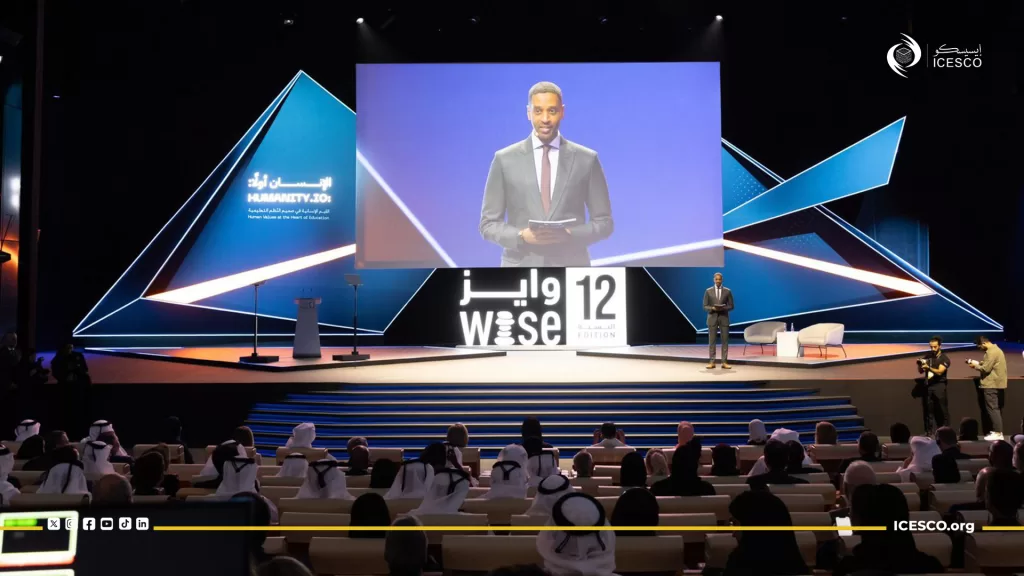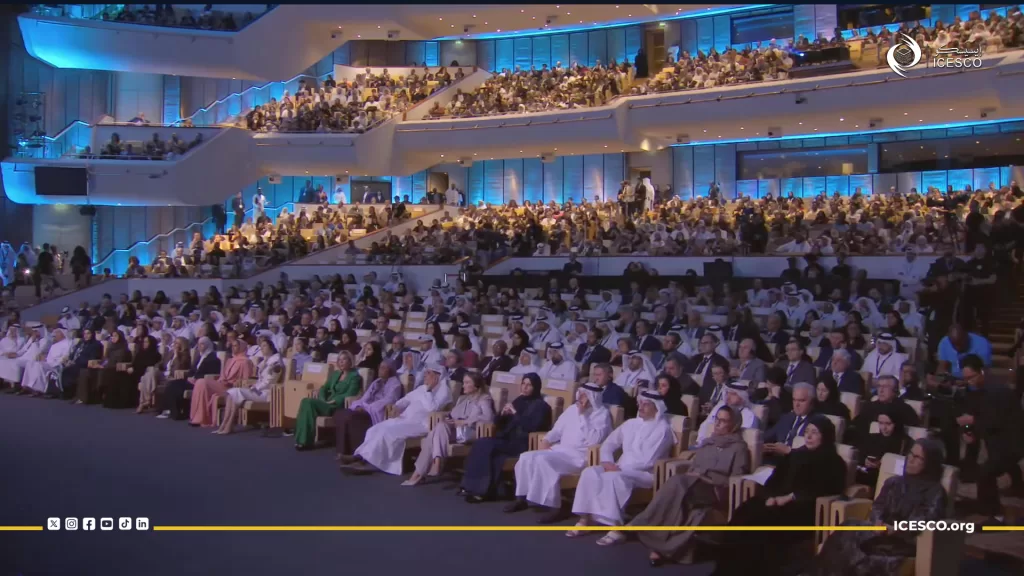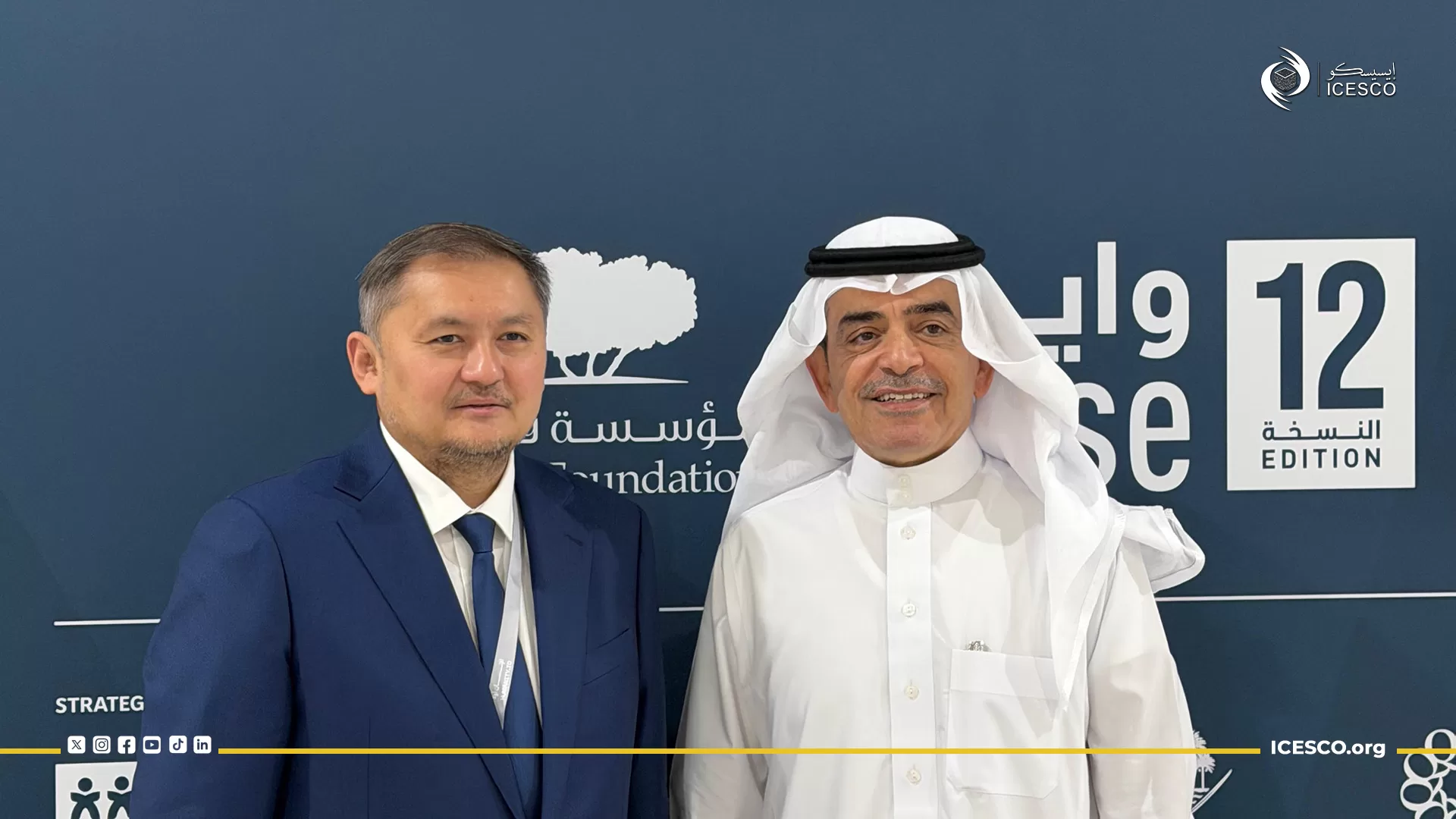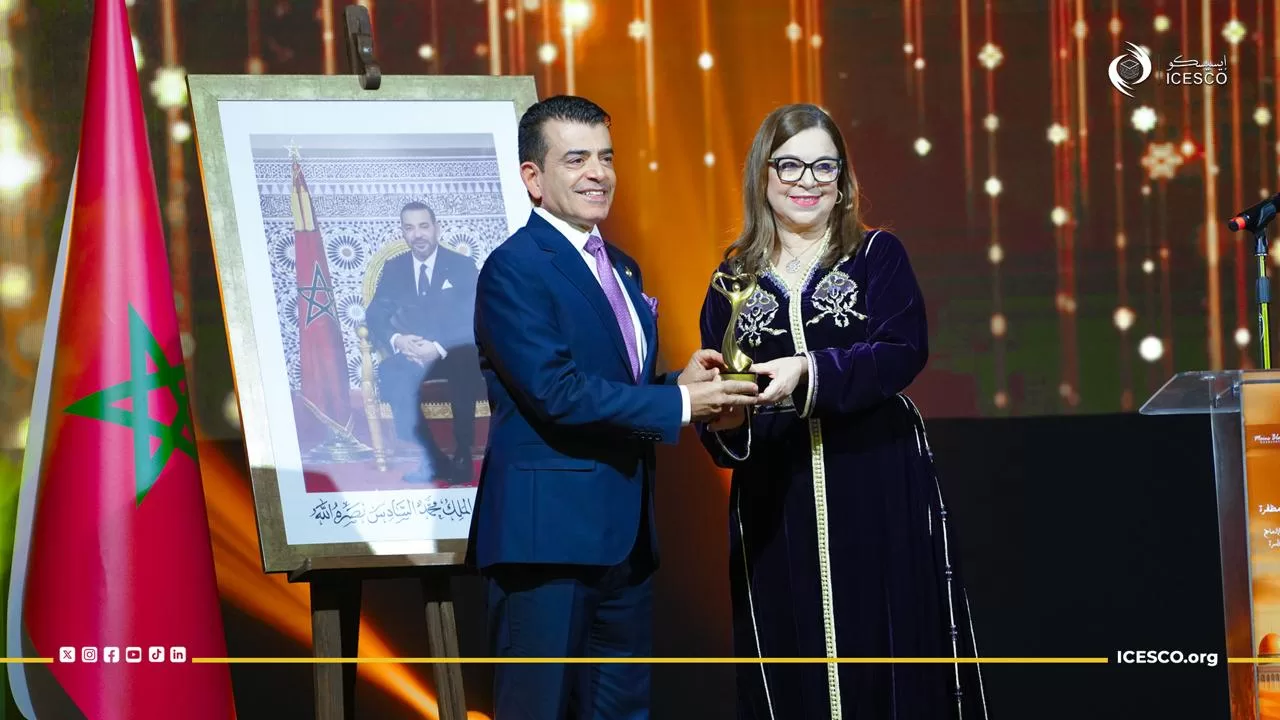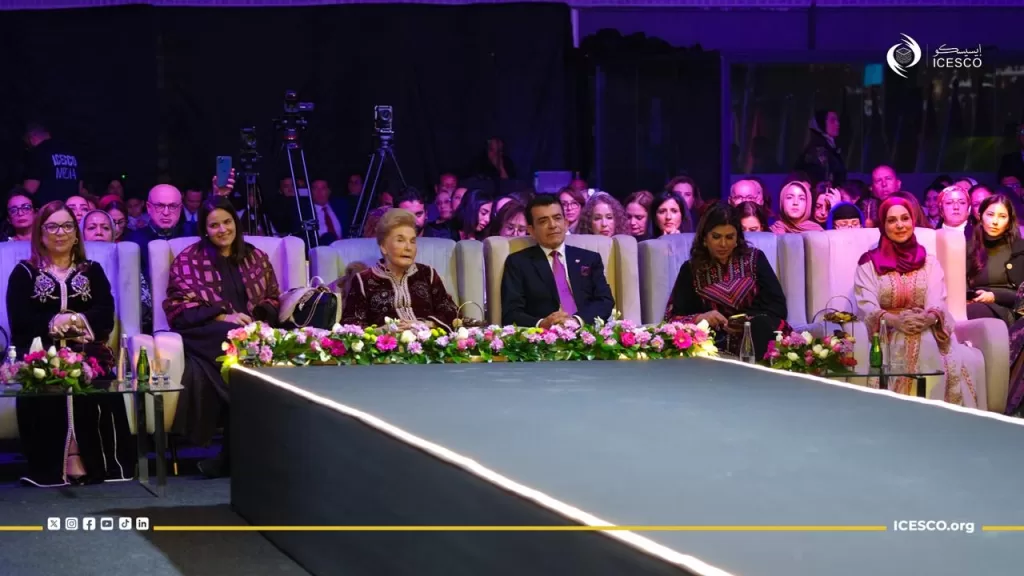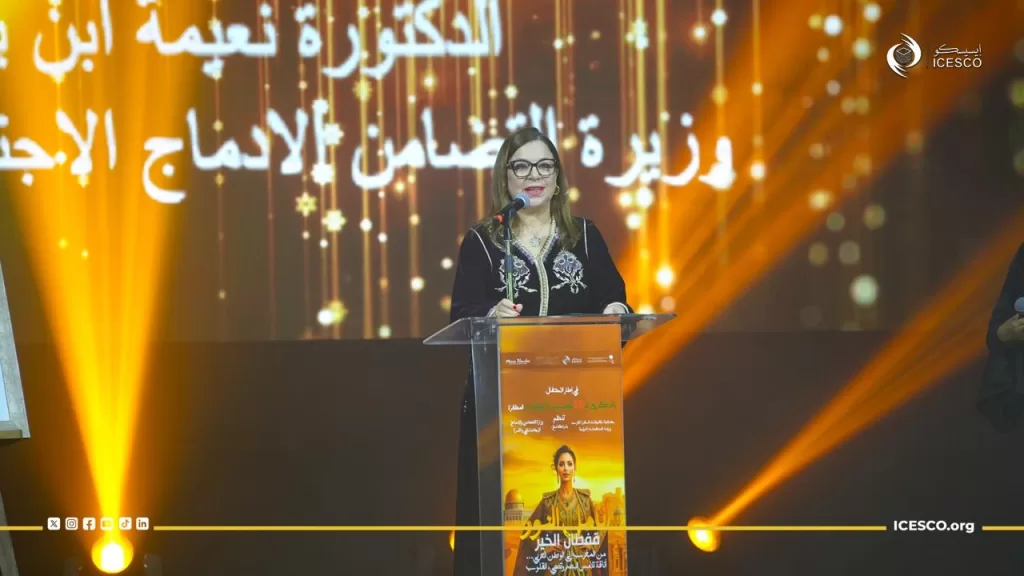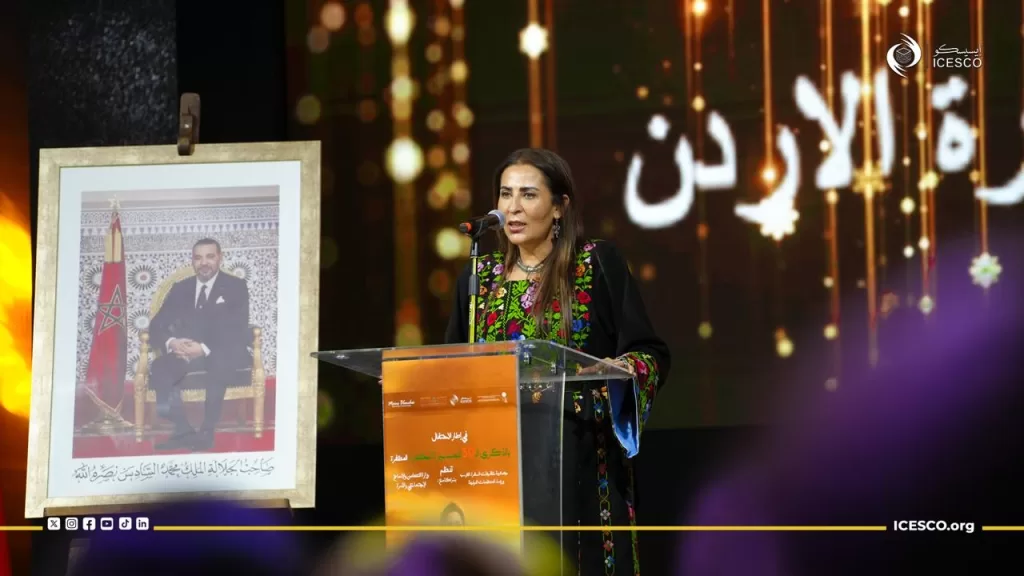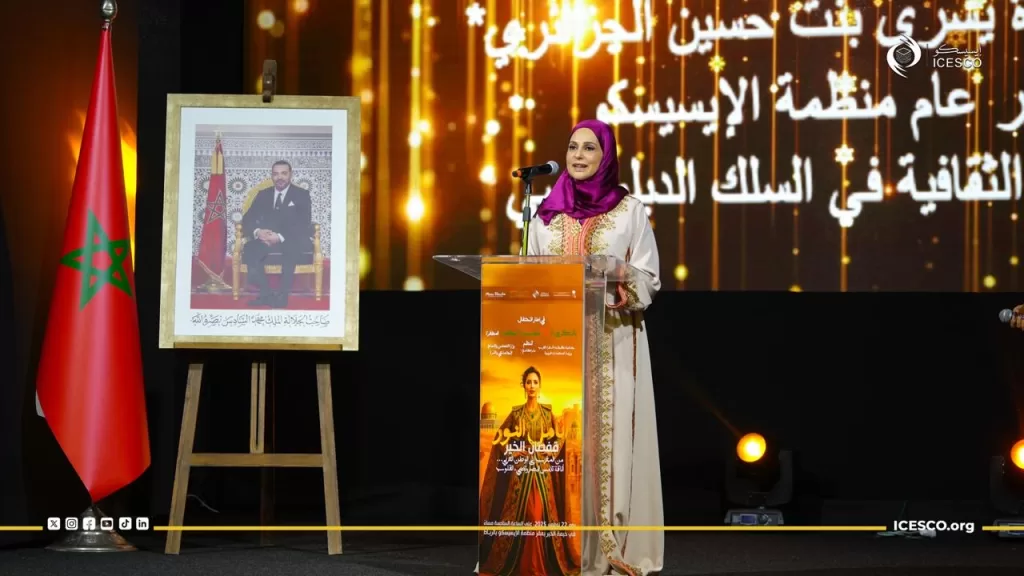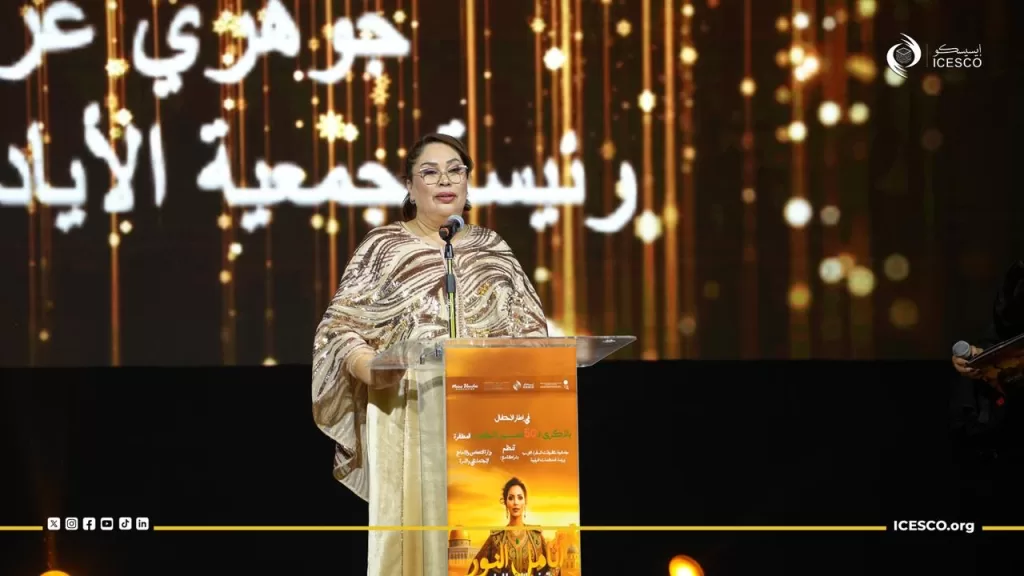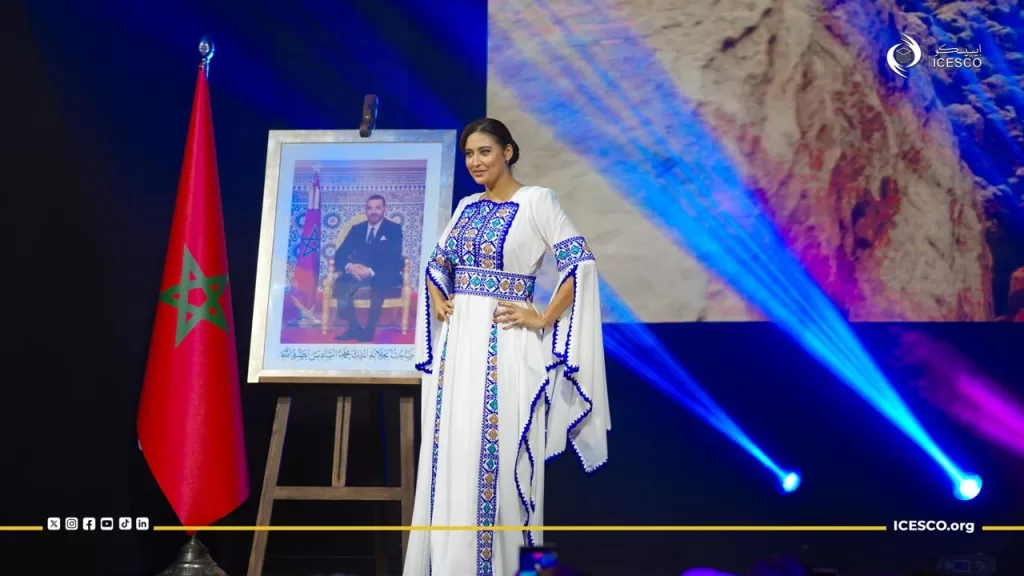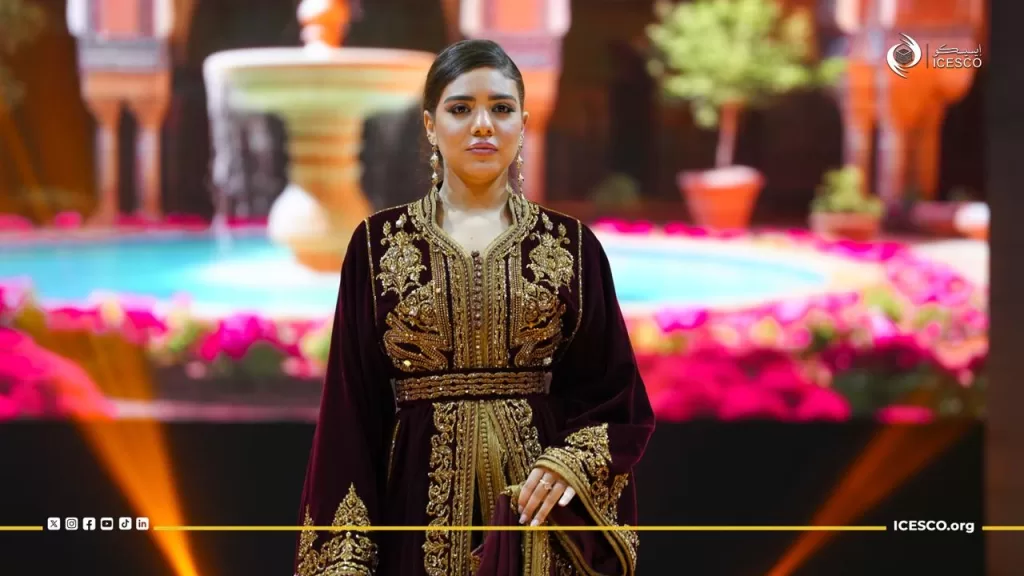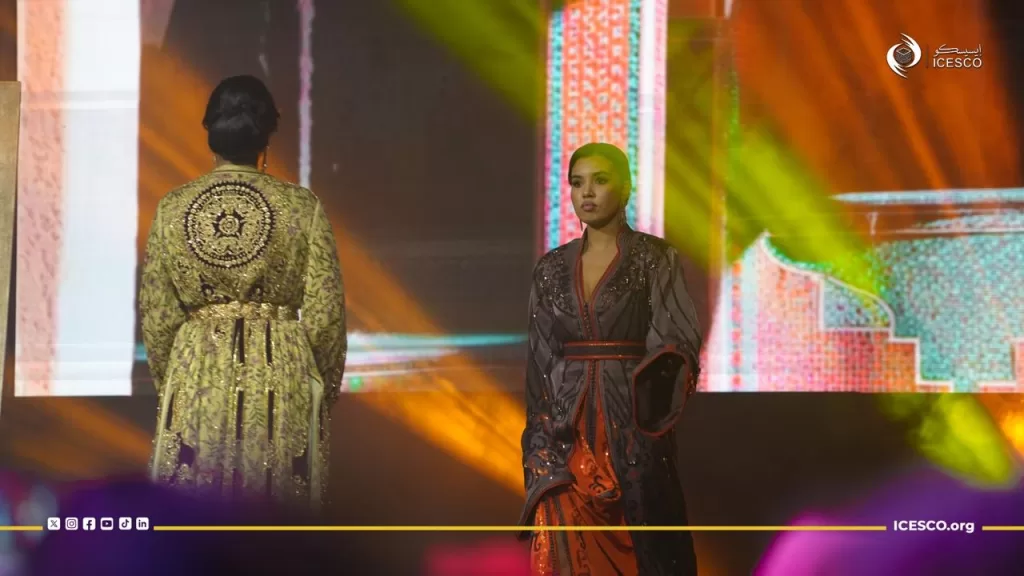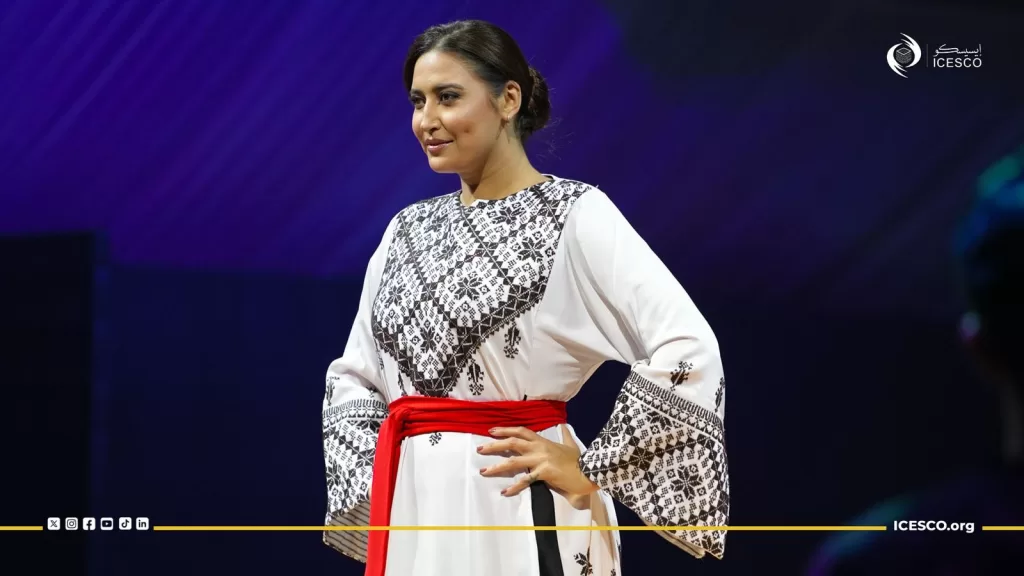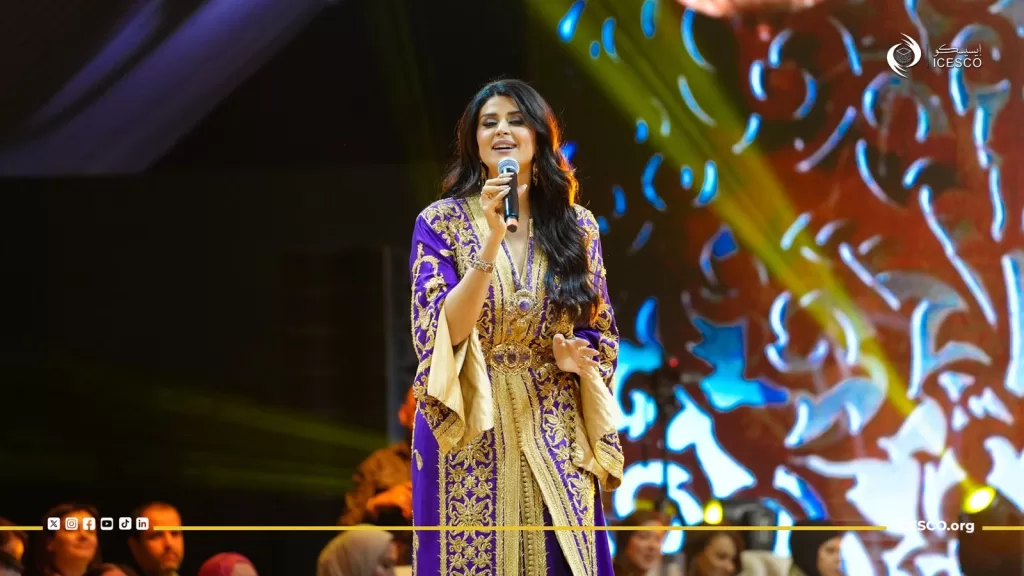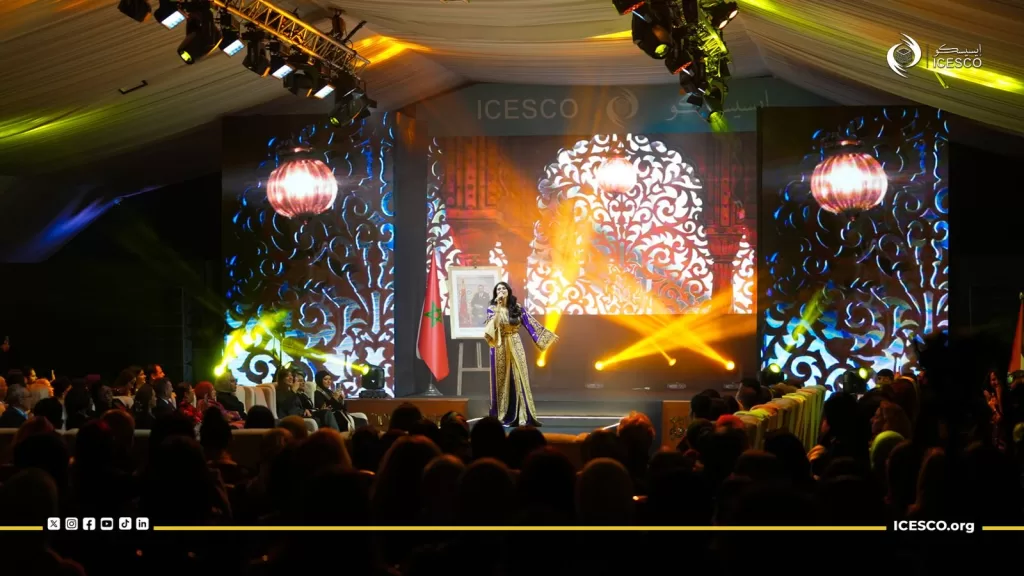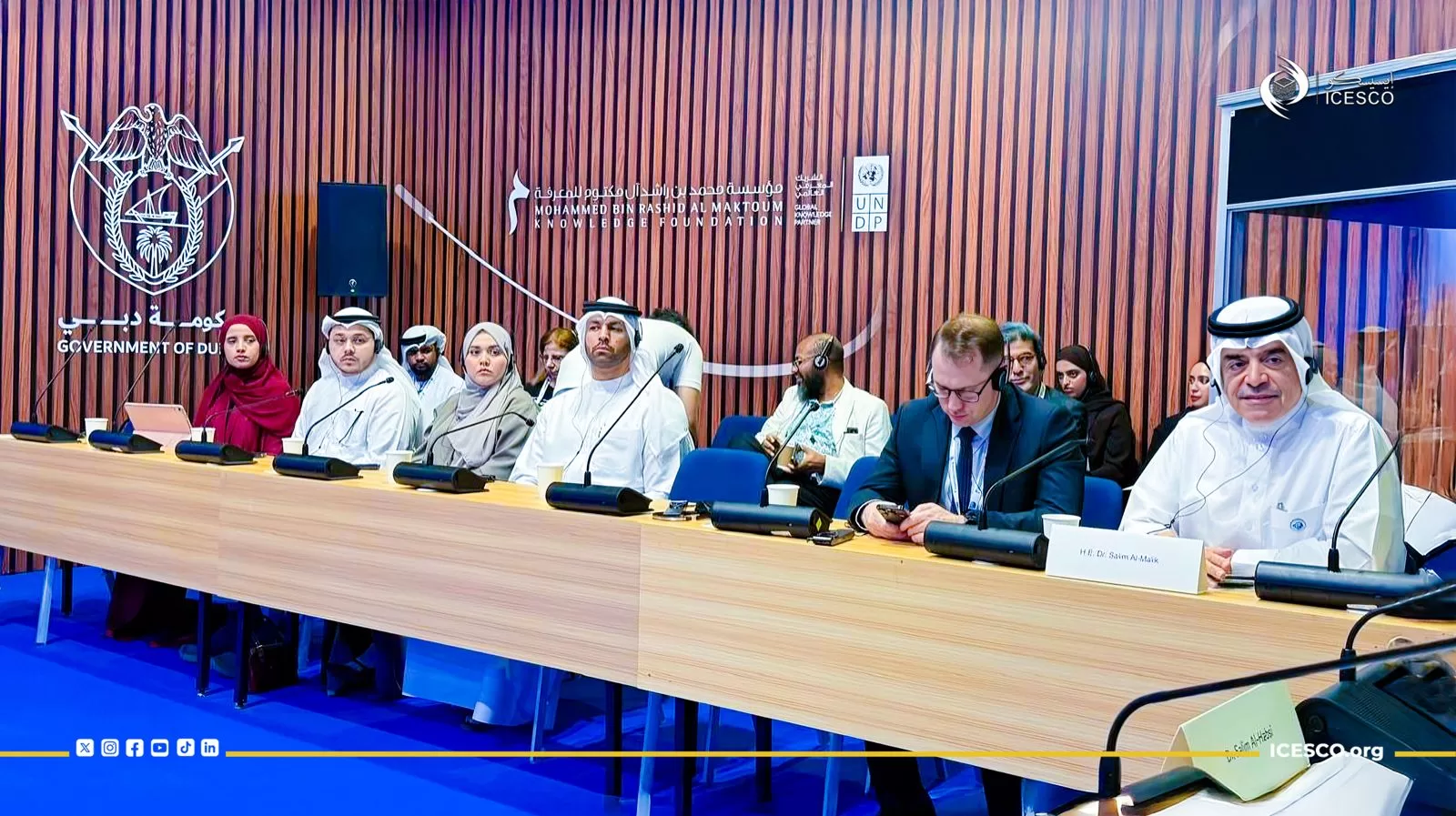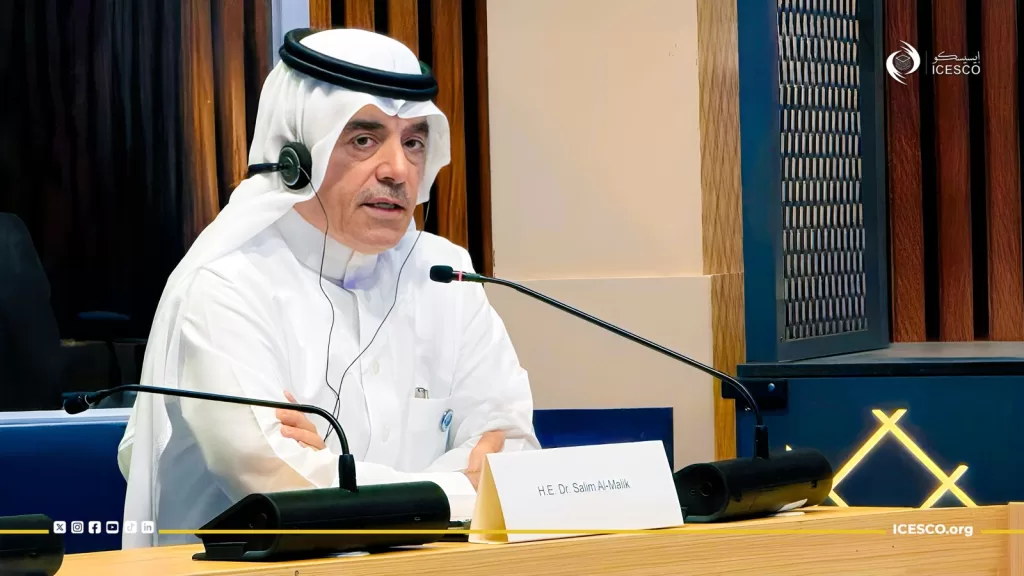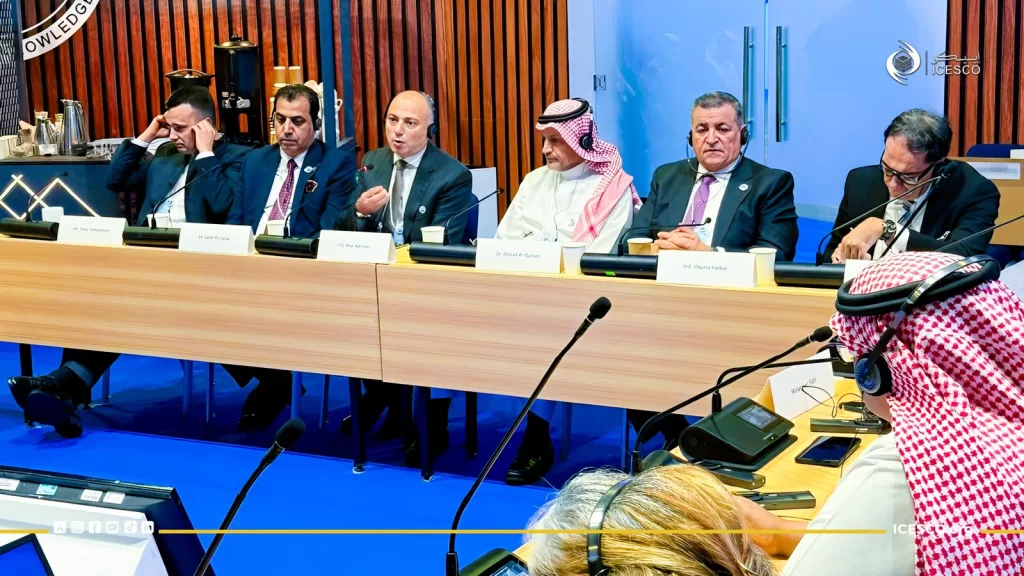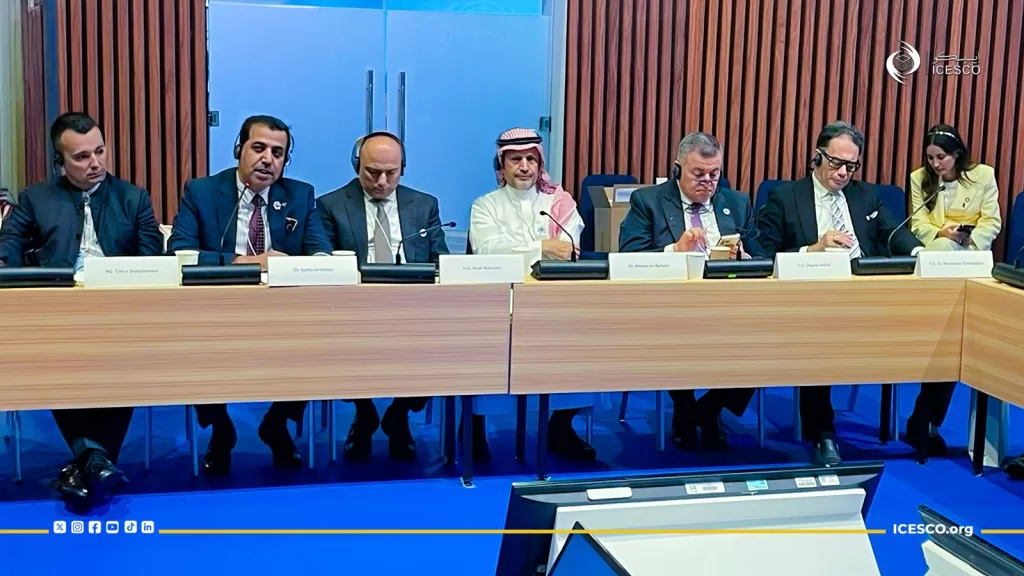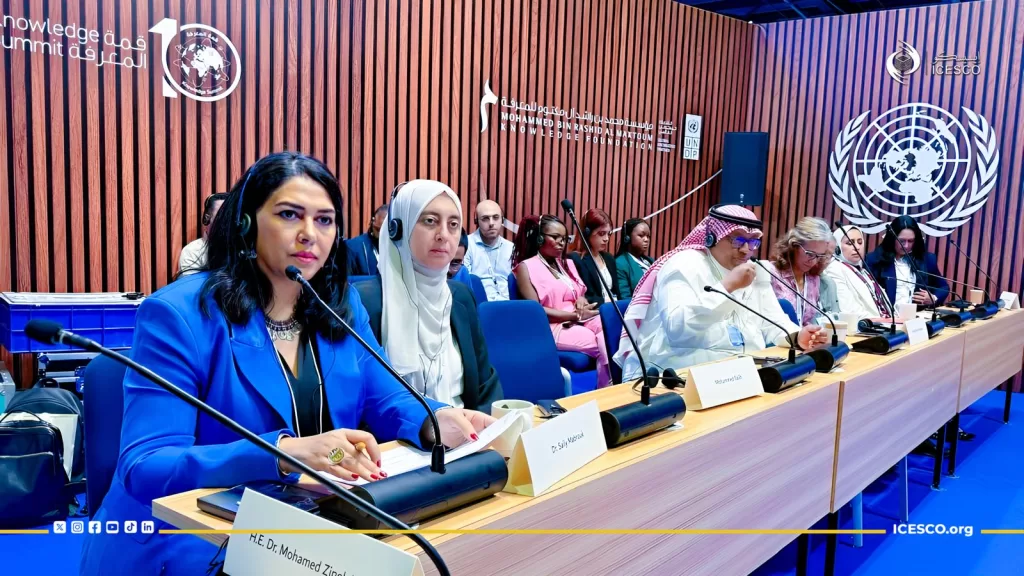On the occasion of the International Day of Solidarity with the Palestinian People, the Islamic World Educational, Scientific and Cultural Organization (ICESCO) hosted a major celebration at its headquarters in Rabat on Saturday, 29 November 2025. The event was organized by the Embassy of the State of Palestine in Morocco, in partnership with the Bayt Mal Al Qods Asharif Agency and several Moroccan civil society associations. The high-level participation was led by Dr. Salim M. AlMalik, ICESCO Director-General, along with ministers, officials, a group of ambassadors accredited to Morocco, Moroccan party leaders, and around 600 participants.
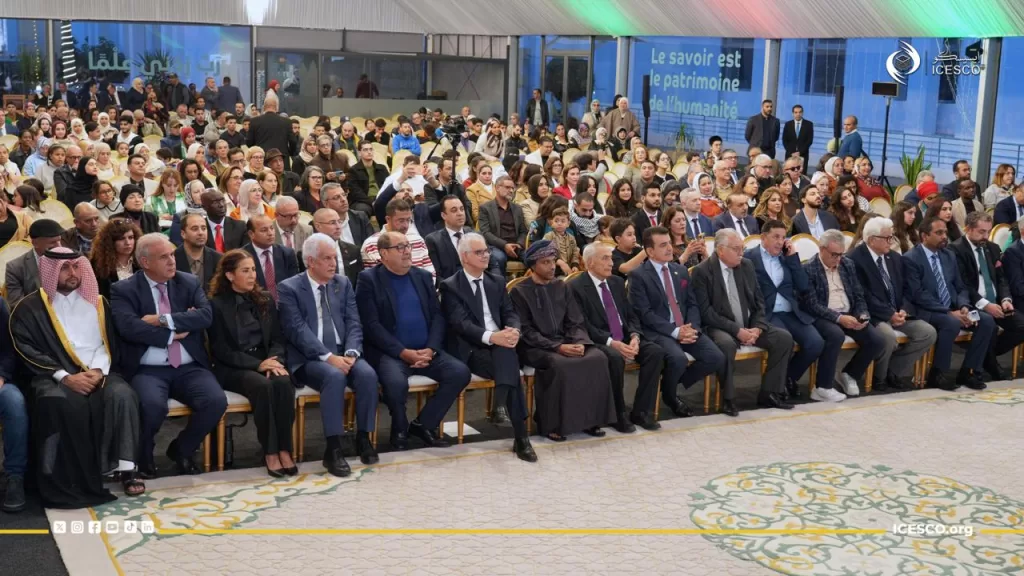
The event began with a speech by Ambassador Jamal Al Shobaki, Ambassador of the State of Palestine to Morocco, who stated that the International Day of Solidarity with the Palestinian People is an annual occasion to reaffirm the inalienable rights of the Palestinian people, foremost among them the right to self-determination, sovereignty over their land, and the right of return.
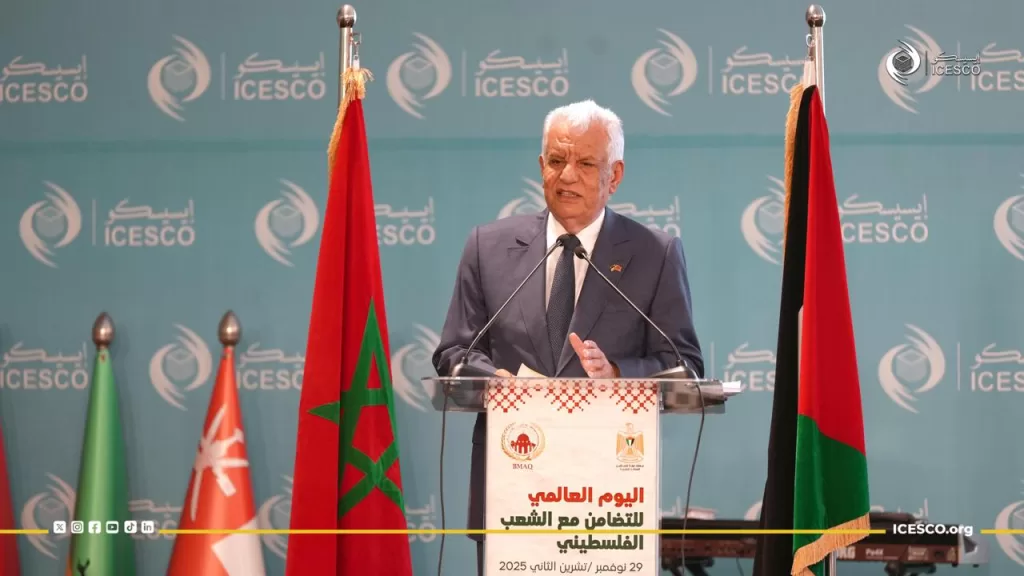
Ambassador Al Shobaki emphasized the Palestinians’ steadfastness in their land and rights without any retreat or compromise, noting the increasing shift in the positions of peoples and international institutions that reject ongoing violations and increasingly raise their voices for justice and to alleviate the suffering of the Palestinian people.
In his speech on behalf of the Kingdom of Morocco, Dr. Nizar Baraka, Moroccan Minister of Equipment and Water, highlighted the pivotal roles played by his country in supporting the Palestinian people and defending their legitimate rights, calling on the international community to intensify efforts to ensure the protection of Palestinians and safeguard their fundamental rights.
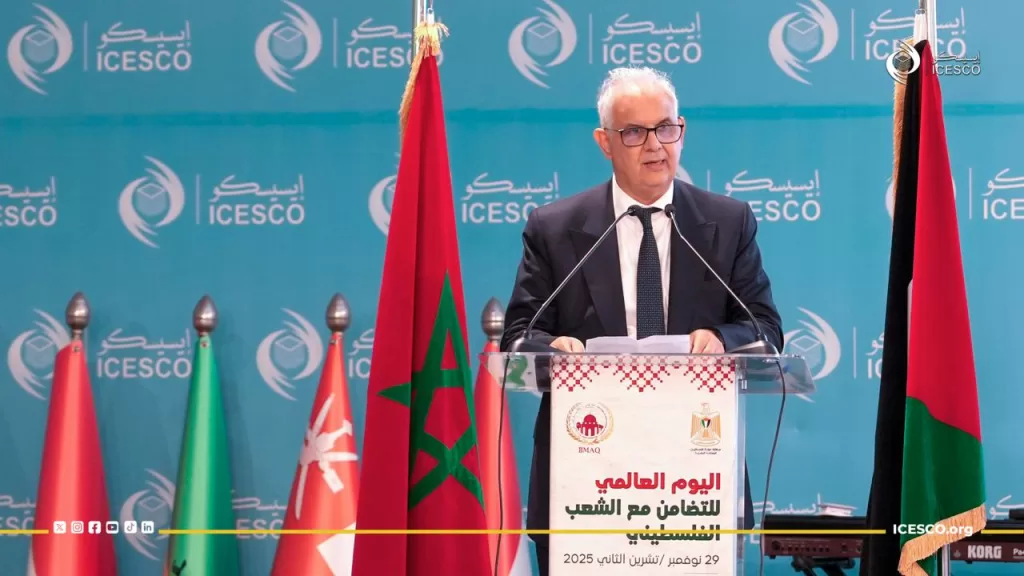
Mr. Fethi Debbabi, Director of the United Nations Information Center in Morocco, read the message of the UN Secretary-General on this occasion, which emphasized the importance of supporting the Palestinian people and granting them their legitimate rights through the implementation of international legitimacy resolutions in this regard.
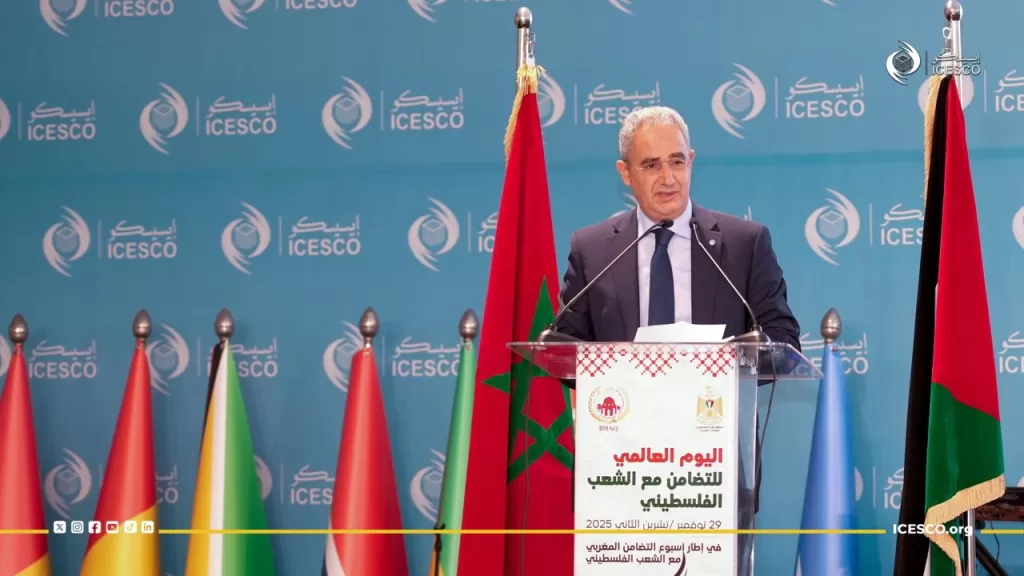
Following this, Ambassador Jamal Al Shobaki and the late Mohamed Benjelloun Al Andaloussi, former president of the Moroccan Association for Supporting the Palestinian Struggle, were honored for their roles in supporting the Palestinian cause.
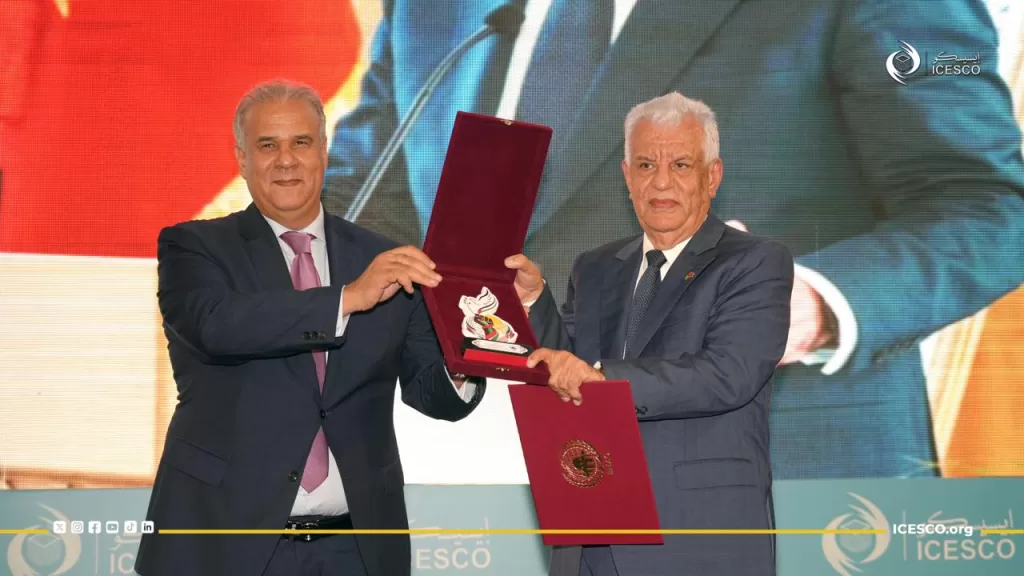
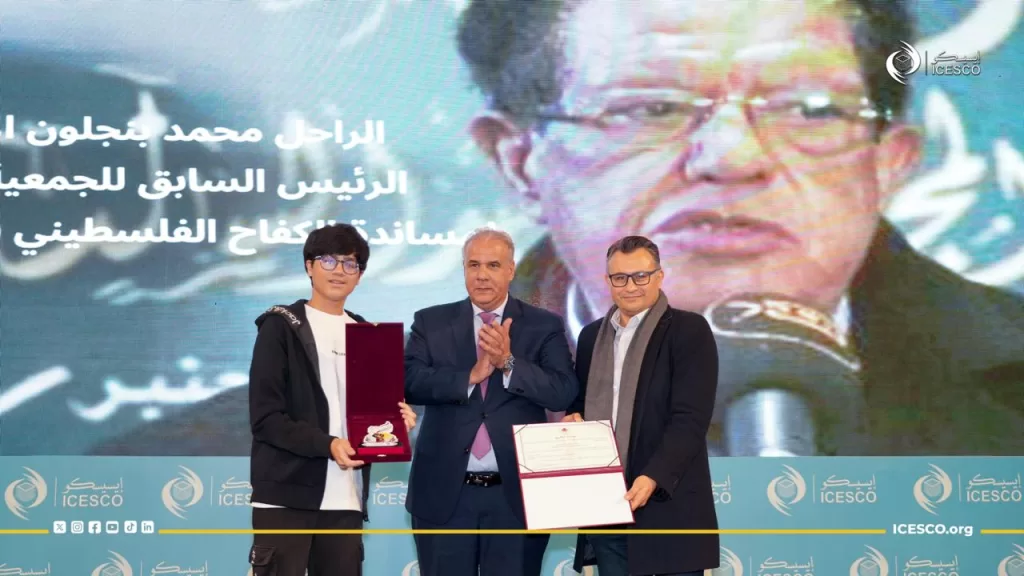
The celebration included cultural segments featuring a photo exhibition on Palestinian heritage, a documentary film on the current situation, and folkloric performances reflecting the richness of Palestinian heritage and national identity.
